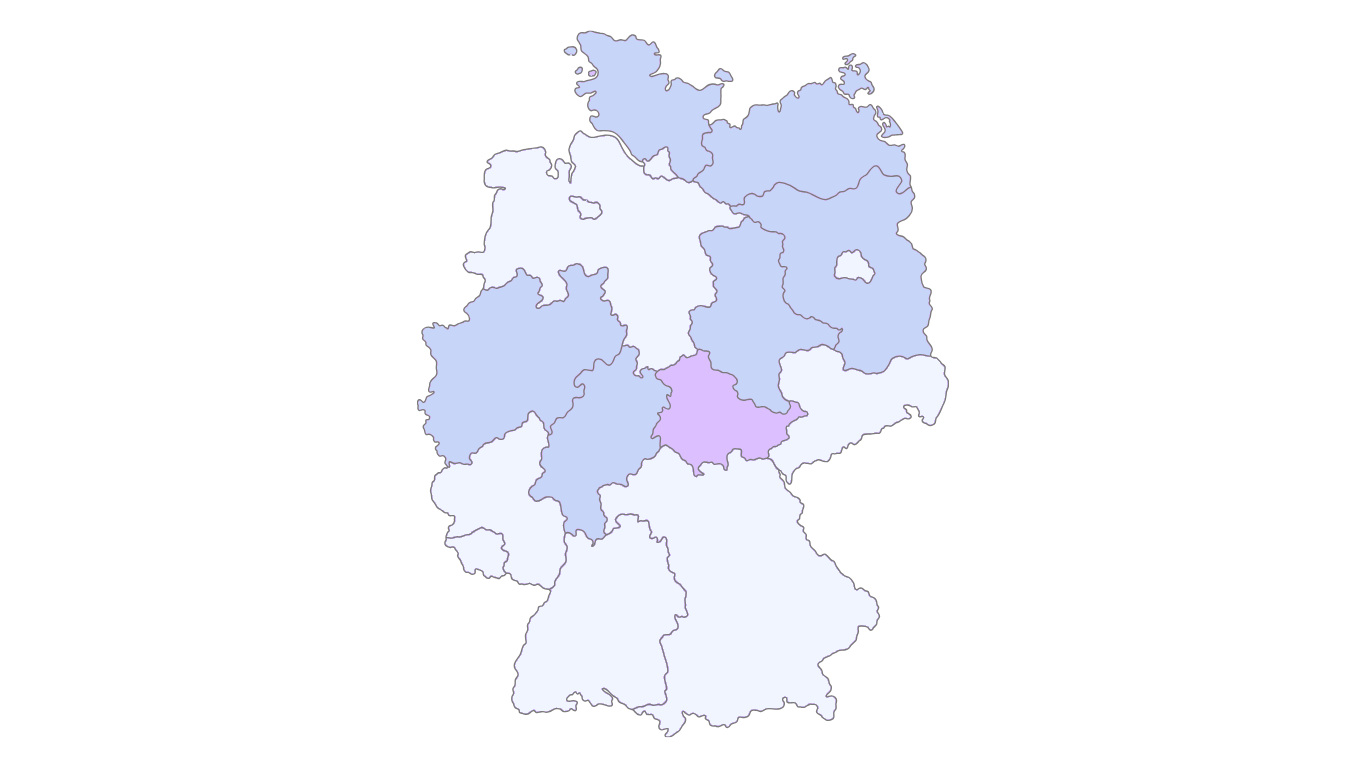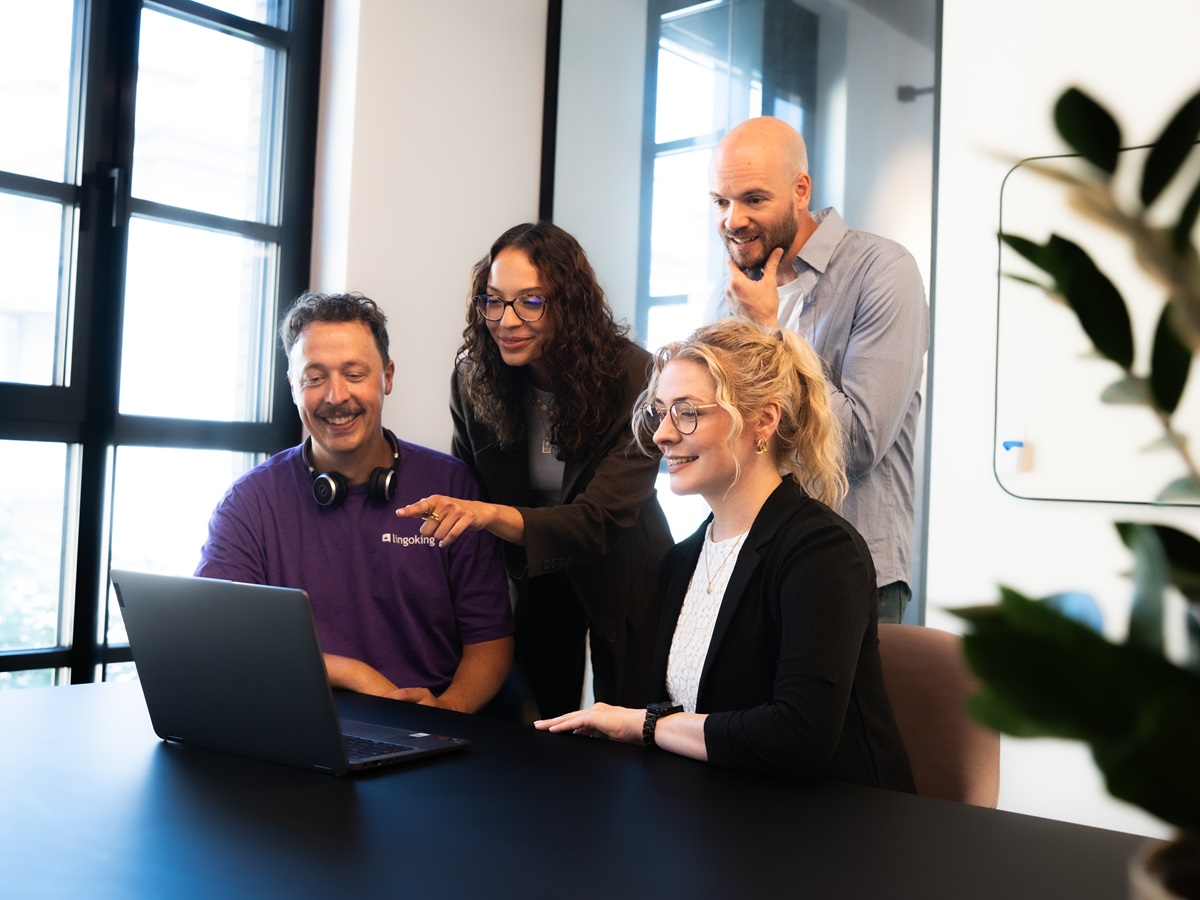FAQs
Recognition & translation of documents
Recognition
The recognition of international professional qualifications usually costs several hundred euros. These costs are divided into different items:
- Recognition by the competent authority
- Obtaining documents
- Certified translation of documents
- Qualification analysis if documents are incomplete
In the case of partial recognition, there are additional costs of several thousand euros for further qualification measures.
Added to these are the expenses of recruitment itself, travel, flights and language and intercultural training. These costs vary.
For the recognition procedure itself, it is important that the documents are submitted in full and that all certified translations are guaranteed to be recognised. Any increased outlay, such as subsequent requests for additional documents or translations, will lead to extra costs being incurred.
Funding opportunities mainly apply to the skilled workers themselves, such as the recognition grant. It is important to apply for this before the recognition itself.
You should definitely seek advice in advance about what funding opportunities are available for your skilled workers and your company or institution. Further information on financial support can be found here:
That depends entirely on the profession and the qualification. You can find the relevant authorities for all professions in the federal government's recognition finder.
This depends on various factors, such as profession, federal state and qualification.
The following documents are required in any case:
- Completed application form or, if applicable, informal written application
- Proof of identity
- Proof of professional qualifications
- Confirmation of the content, form and scope of training
- Translations of certificates and confirmations
- Officially certified copies of the proof documents through municipal offices (Bürgeramt) or consulates
The best policy is to ask the relevant recognition authority which documents are required. Or use our deficit assessment service. We will help you submit the application for recognition of your skilled workers.
Documents in foreign languages must be submitted to German authorities in the national language. Some federal states may also accept documents in other languages, however. It is best to find out in advance about the respective requirements in your federal state.
If documents need to be translated and certified, the certification confirms the accuracy and completeness of the translation. A certified translation thus becomes an official document in its own right.
In what format do we need the documents for translation?
Here you will find an overview for each federal state showing the form in which we require the documents for translation as part of the recognition process.
In some federal states in Germany, we only require scans of the documents, in others we require scans of the certified copy, and in Thuringia we usually require the originals.

Certified translations in Germany must be produced by sworn translators. These translations contain the certification note, stamp and signature of the translator.
The same applies to digitally certified translations, except that they are not printed out and certified, but can simply be certified digitally. This can only be done with a qualified electronic signature (QES). The QES ensures that the translation is considered authentic and unmodified. The translation is only valid in digital form and loses its validity as soon as it is printed out.
Learn more about digitally certified translations in our article.
A certification note confirms the accuracy and completeness of a translation and is issued by publicly appointed and generally sworn translators. The exact wording of the note may vary depending on the federal state and the type of source document submitted. A typical certification note reads:
‘As a publicly appointed and generally sworn translator for [language] in [federal state], I certify that the above translation of the document submitted to me as a [certified copy/original/simple copy], written in [example: English], is accurate and complete.’
Types of source documents that can be submitted for translation are:
- Simple copy: A copy of the original that has not been certified.
- Certified copy: An officially certified copy of an original.
- Scan or photocopy of the original: A digitised or photographed copy of the original.
- Original document: The physical original document.
An apostille is a special form of certification regulated by the Hague Convention of 1961. This convention was signed by many countries and is intended to simplify the process of document certification. An apostille confirms that a document is authentic and has been issued by a competent authority in the country of origin. The apostille is added directly to the original document or attached as additional page and is valid in countries that have signed the Hague Convention.
Legalisation is a more extensive form of certification. It is used when a country is not a party to the Hague Convention. In the case of legalisation, the document is first certified by the competent authority of the issuing country and must then be legalised by the embassy or consulate of the recipient country. It is a multi-stage process involving various authorities.
In short, whether an apostille or legalisation is required depends on which country the documents are from and in which country they are to be presented.
Yes, all certified translations by lingoking are recognised in all federal states in Germany, including North Rhine-Westphalia. Due to our experience with the recognition process we know all specifications needed for certified translations to be recognised the specific federal states.
The best thing to do is to find out about our price packages and contact us.
If you are already a customer, you can order your individual service in the Customer Area. Please do not order via the general lingoking website, as these services are aimed at our private customers.
Please count all pages: front and back, pages with apostilles and pages with stamps.
Stamps must also be translated in a certified translation. If an apostille appears multiple times in a document, it only needs to be translated once and therefore only counts as one page. The same applies if the apostille has already been translated.
The uploaded document should be clearly legible and ideally only show the document itself.
It should also only contain the pages that need to be translated. If possible, please remove beforehand any pages from the document that are not relevant.
The certified translation is stapled in the same way as if it were to be sent by post. In this form, the translation is then scanned page by page and sent to you as a single document in one scan. The scan therefore shows the staples, all stamps, corner-folding, source and target text, including the reverse sides.
Please especially check names, dates, grades, etc. Discrepancies may arise, particularly with names that are not written in Latin script.
Of course, you do not need to check the translated language for correctness.
- Simply set up your preferred payment method, including your address details, in the Customer Area under payment settings.
- The next time you place an order, you will see the button for 1-click order.
- When clicking on this button, a window will be opened, in which you must activate the 1-click order once.
From then on, you can always order with just one click – without having to go through the entire ordering procedure. You can, of course, disable this function at any time in your profile settings.
Your documents and translations will be deleted 90 days after completion of the order. Two weeks in advance you will receive an email asking you to check whether you have downloaded the respective translations.


